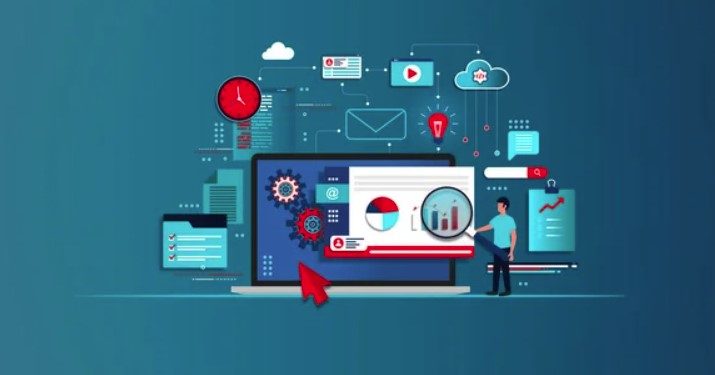Online traffic bots, also known as web traffic bots or simply traffic bots, are software programs that simulate the behavior of a human user visiting a website. They are often used by website owners and online marketers to generate artificial traffic to their websites in an attempt to increase their search engine rankings, ad revenue, or sales. While some online traffic bots can be legitimate tools for website promotion, others may be used for nefarious purposes, such as spamming websites, click fraud, or spreading malware.
Types of Online Traffic Bots
There are various types of online traffic bots, each with its own set of features and capabilities. Some common types of traffic bots include:
- Referral traffic bots: These bots simulate the behavior of users coming to a website from another website or referral source.
- Search engine traffic bots: These bots mimic the behavior of users searching for specific keywords and landing on a website through search engines like Google or Bing.
- Social media traffic bots: These bots simulate the behavior of users visiting a website through social media platforms like Facebook, Twitter, or Instagram.
- Ad traffic bots: These bots simulate the behavior of users clicking on ads and visiting a website through advertising networks like Google AdWords or Bing Ads.
Pros and Cons of Using Online Traffic Bots
There are both advantages and disadvantages to using online traffic bots. Some of the potential benefits of using traffic bots include:
- Increased website traffic: By simulating the behavior of human users, traffic bots can help to increase the overall traffic to a website. This can be especially useful for websites that have low organic traffic or are struggling to rank well in search engines.
- Improved search engine rankings: By generating artificial traffic to a website, traffic bots can potentially improve the site’s search engine rankings. This can be especially helpful for websites that are struggling to rank well for targeted keywords.
- Increased ad revenue: By generating artificial clicks on ads, traffic bots can potentially increase ad revenue for a website.
However, there are also some potential drawbacks to using online traffic bots, including:
- Unethical or illegal use: Some traffic bots may be used for unethical or illegal purposes, such as spamming websites, click fraud, or spreading malware. This can harm the reputation of the website and could potentially lead to legal consequences.
- Detection and penalties: Many traffic bots can be detected by website owners, search engines, and advertising networks. If a website is found to be using traffic bots, it may be penalized or banned from these platforms, resulting in a loss of traffic and revenue.
- Lack of real engagement: While traffic bots can generate website visits, they do not provide genuine engagement or valuable feedback from real human users. This can make it difficult for website owners to gauge the effectiveness of their website and make informed decisions about its content and design.
How to Identify and Block Online Traffic Bots
There are several steps that website owners and online marketers can take to identify and block online traffic bots. Some methods for detecting and blocking traffic bots include:
- Using analytics tools: Many website analytics tools, such as Google Analytics, can help website owners identify and filter out traffic from bots. By analyzing data on visitor behavior, website owners can identify patterns that may indicate bot traffic and take appropriate action.
- Implementing CAPTCHAs: CAPTCHAs (Completely Automated Public Turing test to tell Computers and Humans Apart) are tests that can be used to distinguish human users from bots. By requiring users to solve a simple puzzle or enter a code before accessing a website, website owners can effectively block most traffic bots.
- Using firewalls and security measures
Conclusion
In conclusion, online traffic bots can be a useful tool for website promotion, but they also come with a number of risks and potential drawbacks. While they can help to increase website traffic and improve search engine rankings, they can also be used for unethical or illegal purposes, such as spamming websites, click fraud, or spreading malware. Additionally, many traffic bots can be detected and penalized by website owners, search engines, and advertising networks, which can result in a loss of traffic and revenue. As a result, it is important for website owners and online marketers to carefully consider the potential risks and consequences of using online traffic bots, and to take steps to identify and block them if necessary.

